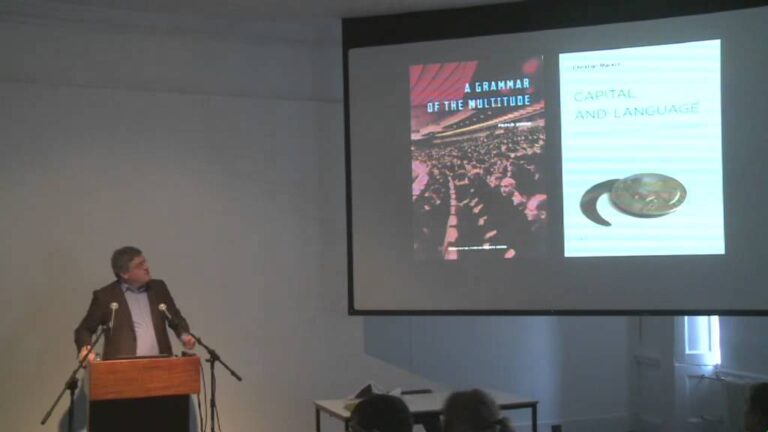
Lecture date: 2013-12-11
Labour, City and Architecture: Cedric Price’s Pottery Thinkbelt and the Post-Fordist turn in Architecture
Design Without Qualities: Architecture and the Rise of Abstraction Series
Abstraction addresses the process of removal in order to reach the essential datum of things. In a design world increasingly dominated by organic and redundant forms, abstraction is likely to be one of the most unpopular concepts in the field of architectural theory. While it is a mistake to think abstraction opposes the complexities and contradictions of our world, we deny that it is the very outcome of larger historical and cultural forces.
Pier Vittorio Aureli will investigate the issue of abstraction and its relation to architectural form to propose a different interpretation of this historical phenomenon. Paraphrasing Marx, abstraction – in the form of categories such as geometry, measure, modularity and scale – was born out of ‘fire and blood’, and the historical evolution of abstract forms in architecture, such as the rise of modular design, the importance of the plan in architectural design, and the simplification of architectural form, has taken place amid political conflicts and economic turmoil. The seminar will attempt to read issues such as form and design in relation to the history of political economy, revisiting the work of numerous architects along the way, in order to uncover abstraction not as stylistic movement, but as the very essence of the modern project of architecture.
The series of lunchtime seminars is open to all. This is the last lecture of the series.
source